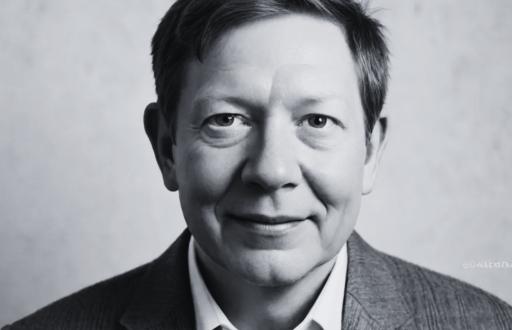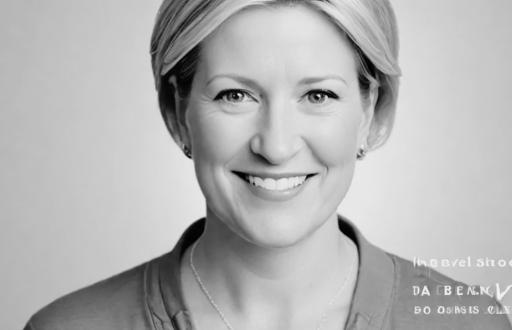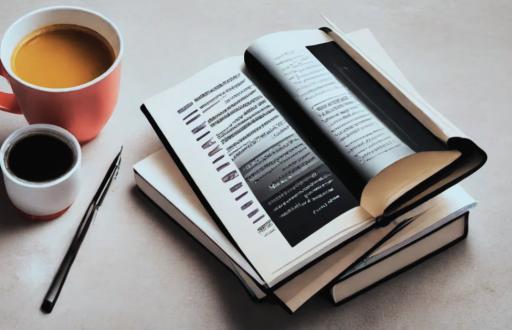Must-Read Self-Improvement Books
In a world that constantly demands more from us, the quest for personal development has never been more crucial. The journey of self-improvement is not merely a trend; it’s a lifelong commitment to becoming the best version of ourselves. Books have long been the guiding lights on this path, offering wisdom, strategies, and insights that can transform our lives. Here, we delve into a selection of must-read self-improvement books that promise to inspire, challenge, and elevate your personal development journey.

1. “Atomic Habits” by James Clear
Imagine a life where small changes lead to monumental results. James Clear’s “Atomic Habits” is a masterclass in the art of habit formation. Clear argues that success is not the result of radical change but rather the accumulation of tiny, incremental improvements. He introduces the concept of the “1% rule,” suggesting that if you can get just 1% better each day, the cumulative effect will be staggering. With practical strategies and relatable anecdotes, this book is a treasure trove for anyone looking to overhaul their habits and, consequently, their life.

2. “The Power of Now” by Eckhart Tolle
In a society that glorifies busyness, Eckhart Tolle’s “The Power of Now” serves as a refreshing reminder to pause and embrace the present moment. Tolle’s teachings revolve around mindfulness and the importance of living in the now, rather than being consumed by past regrets or future anxieties. His profound insights challenge readers to transcend their ego and discover a deeper sense of peace. This book is not just a read; it’s an experience that can shift your entire perspective on life.
3. “Mindset: The New Psychology of Success” by Carol S. Dweck
What if the key to success lies not in your abilities but in your mindset? Carol Dweck’s groundbreaking work introduces the concept of the “fixed” versus “growth” mindset. Dweck argues that those with a growth mindset—who believe that their abilities can be developed through dedication and hard work—are more likely to achieve their goals. This book is a powerful reminder that our beliefs about our capabilities can shape our reality. It’s a must-read for anyone looking to unlock their potential.

4. “Daring Greatly” by Brené Brown
Vulnerability is often seen as a weakness, but Brené Brown’s “Daring Greatly” flips this notion on its head. Brown explores the power of vulnerability and how it can lead to courage, connection, and creativity. Through her research, she reveals that embracing vulnerability is essential for personal growth and authentic living. This book encourages readers to step into the arena of life, daring to be seen and heard, and ultimately, to live wholeheartedly.
5. “The 7 Habits of Highly Effective People” by Stephen R. Covey
A classic in the realm of personal development, Stephen Covey’s “The 7 Habits of Highly Effective People” offers a holistic approach to effectiveness. Covey’s principles emphasize character ethics over personality ethics, advocating for a foundation built on integrity and values. Each habit is a building block toward achieving personal and professional success. This book is not just a guide; it’s a blueprint for living a life of purpose and impact.
Conclusion
The journey of self-improvement is deeply personal, yet these books resonate universally. They challenge us to reflect, to grow, and to embrace the complexities of our lives. Whether you’re seeking to change your habits, shift your mindset, or cultivate vulnerability, these must-read self-improvement books provide invaluable insights and practical tools. As you embark on your personal development journey, remember that the path may be winding, but the destination is worth every step.
FAQ
Q: How do I choose the right self-improvement book for me?
A: Consider your current challenges or areas of interest. Are you looking to improve your habits, mindset, or emotional intelligence? Reading reviews or summaries can also help you find a book that resonates with your needs.
Q: Can self-improvement books really make a difference?
A: Absolutely! While reading alone won’t change your life, the insights and strategies offered can inspire action and reflection, leading to meaningful changes over time.
Q: How can I apply the lessons from these books in my daily life?
A: Start small. Choose one or two key takeaways from each book and implement them gradually. Consistency is key in personal development.
Q: Is it necessary to read all these books?
A: Not at all! Each book offers unique perspectives. Choose the ones that resonate with you and your current life situation. Personal development is a personal journey.
Q: How often should I read self-improvement books?
A: There’s no set rule. Some people benefit from reading regularly, while others may prefer to dive deep into one book at a time. The key is to find a rhythm that works for you, allowing for reflection and application of the concepts learned. Whether it’s a few pages a day or a chapter a week, the goal is to integrate the insights into your life meaningfully. Q: Are there any specific self-improvement books you recommend for beginners?
A: For beginners, “The Power of Now” by Eckhart Tolle and “Atomic Habits” by James Clear are excellent starting points. They provide foundational concepts that are easy to grasp and apply in everyday life.
Q: How can I stay motivated while reading self-improvement books?
A: Set specific goals for your reading, such as completing a chapter a day or summarizing key points. Joining a book club or discussing insights with friends can also keep you engaged and motivated.
Q: What if I don’t finish a self-improvement book?
A: It’s perfectly okay! Not every book will resonate with you. Focus on the ones that do, and don’t hesitate to move on if a book isn’t capturing your interest. The goal is to learn and grow, not to check off a list.
Q: Can self-improvement books help with professional development?
A: Yes, many self-improvement books address skills that are beneficial in the workplace, such as leadership, communication, and emotional intelligence. They can provide valuable insights that enhance your professional life.
Q: How do I measure my progress in personal development?
A: Keep a journal to track your thoughts, feelings, and changes over time. Setting specific, measurable goals can also help you assess your progress. Reflecting on your journey regularly will provide clarity on how far you’ve come.






